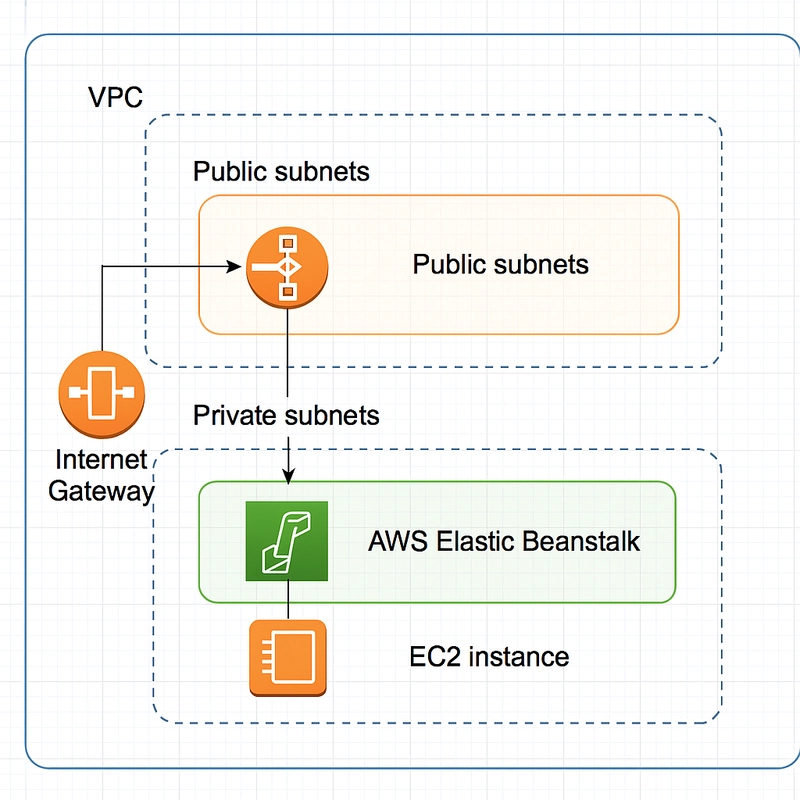Exploring VS Code Alternatives for Developers
Visual Studio Code (VS Code) has become a dominant force in the coding world due to its flexibility, extensions, and ease of use. However, developers often seek alternatives for reasons like performance, features, or personal preferences. Here are some excellent VS Code alternatives worth exploring: 1. JetBrains IDEs (e.g., IntelliJ IDEA, PyCharm, WebStorm) Best For: Language-specific development with powerful refactoring tools Key Features: Advanced debugging, code analysis, and seamless integration with frameworks Drawback: Paid licenses required for full versions 2. Sublime Text Best For: Speed and lightweight editing Key Features: Blazing-fast performance, distraction-free interface, and extensive package ecosystem Drawback: Limited native debugging features compared to VS Code 3. Neovim Best For: Highly customizable workflows with Vim compatibility Key Features: Asynchronous plugins, improved UI support, and extensive keybinding options Drawback: Steep learning curve for new users 4. Emacs Best For: Developers who love extensive customization and control Key Features: Full scripting capabilities, powerful text editing, and community-driven packages Drawback: Requires investment in learning Emacs' workflow 5. Zed Best For: Collaborative coding with performance in mind Key Features: Real-time collaboration, minimalist interface, and native performance Drawback: Relatively new with fewer extensions 6. Fleet (by JetBrains) Best For: Lightweight, fast IDE experience Key Features: Collaborative coding, minimal setup, and strong code intelligence Drawback: Still evolving and may lack mature ecosystem support 7. Geany Best For: Lightweight development in C, C++, Python, etc. Key Features: Simple interface, built-in terminal, and fast startup Drawback: Limited advanced features found in modern IDEs Final Thoughts _ While VS Code is a fantastic tool, exploring alternatives can unlock new efficiencies, better performance, or improved workflows tailored to your needs. Whether you prioritize customization, performance, or collaboration, these alternatives offer diverse solutions for developers of all backgrounds.

Visual Studio Code (VS Code) has become a dominant force in the coding world due to its flexibility, extensions, and ease of use. However, developers often seek alternatives for reasons like performance, features, or personal preferences. Here are some excellent VS Code alternatives worth exploring:
1. JetBrains IDEs (e.g., IntelliJ IDEA, PyCharm, WebStorm)
Best For: Language-specific development with powerful refactoring tools
Key Features: Advanced debugging, code analysis, and seamless integration with frameworks
Drawback: Paid licenses required for full versions
2. Sublime Text
Best For: Speed and lightweight editing
Key Features: Blazing-fast performance, distraction-free interface, and extensive package ecosystem
Drawback: Limited native debugging features compared to VS Code
3. Neovim
Best For: Highly customizable workflows with Vim compatibility
Key Features: Asynchronous plugins, improved UI support, and extensive keybinding options
Drawback: Steep learning curve for new users
4. Emacs
Best For: Developers who love extensive customization and control
Key Features: Full scripting capabilities, powerful text editing, and community-driven packages
Drawback: Requires investment in learning Emacs' workflow
5. Zed
Best For: Collaborative coding with performance in mind
Key Features: Real-time collaboration, minimalist interface, and native performance
Drawback: Relatively new with fewer extensions
6. Fleet (by JetBrains)
Best For: Lightweight, fast IDE experience
Key Features: Collaborative coding, minimal setup, and strong code intelligence
Drawback: Still evolving and may lack mature ecosystem support
7. Geany
Best For: Lightweight development in C, C++, Python, etc.
Key Features: Simple interface, built-in terminal, and fast startup
Drawback: Limited advanced features found in modern IDEs
Final Thoughts
_
While VS Code is a fantastic tool, exploring alternatives can unlock new efficiencies, better performance, or improved workflows tailored to your needs. Whether you prioritize customization, performance, or collaboration, these alternatives offer diverse solutions for developers of all backgrounds.











































































































































































![[The AI Show Episode 142]: ChatGPT’s New Image Generator, Studio Ghibli Craze and Backlash, Gemini 2.5, OpenAI Academy, 4o Updates, Vibe Marketing & xAI Acquires X](https://www.marketingaiinstitute.com/hubfs/ep%20142%20cover.png)




























































































































![[DEALS] The Premium Learn to Code Certification Bundle (97% off) & Other Deals Up To 98% Off – Offers End Soon!](https://www.javacodegeeks.com/wp-content/uploads/2012/12/jcg-logo.jpg)


![From drop-out to software architect with Jason Lengstorf [Podcast #167]](https://cdn.hashnode.com/res/hashnode/image/upload/v1743796461357/f3d19cd7-e6f5-4d7c-8bfc-eb974bc8da68.png?#)








































































































.png?#)

































_Christophe_Coat_Alamy.jpg?#)
 (1).webp?#)





































































































![Apple Considers Delaying Smart Home Hub Until 2026 [Gurman]](https://www.iclarified.com/images/news/96946/96946/96946-640.jpg)
![iPhone 17 Pro Won't Feature Two-Toned Back [Gurman]](https://www.iclarified.com/images/news/96944/96944/96944-640.jpg)
![Tariffs Threaten Apple's $999 iPhone Price Point in the U.S. [Gurman]](https://www.iclarified.com/images/news/96943/96943/96943-640.jpg)




































































































































